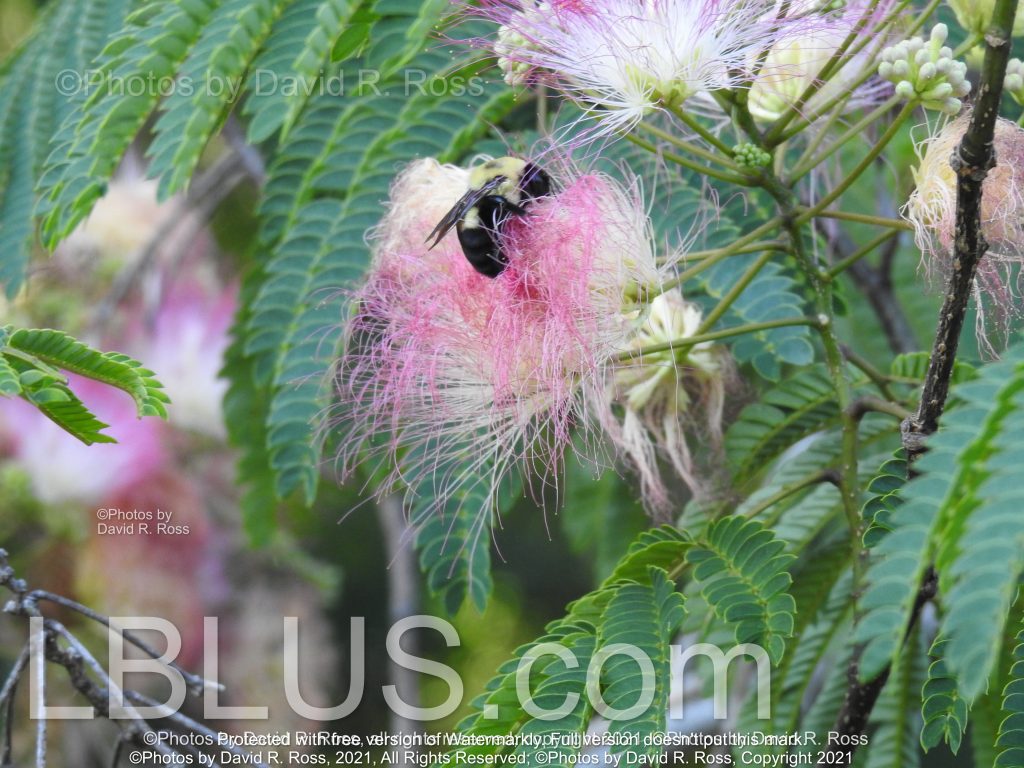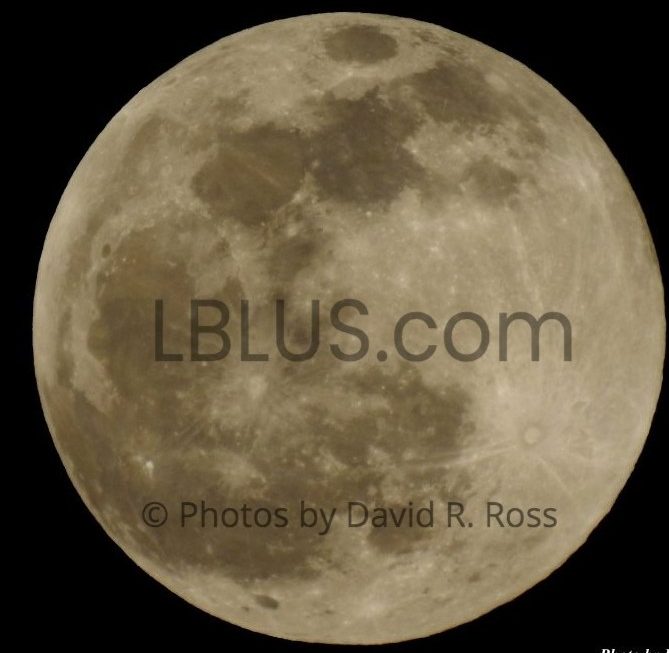We owe our lives to the Pollinators!~ Literally, if it were not for all of the pollinators, we would not be here, so let’s applaud and appreciate them one and all! The pollinators mean so much to us and I will let the Tennessee Department of Transportation and the United States Department of Agriculture tell us more, below: So, Pollinators applauded!

June 21-25National Pollinator Week is June 21-25 and is a nationwide effort at building awareness and attention to the steps everyone can take to protect and restore pollinator populations.
Pollinators are a diverse group of species which includes birds, bees, butterflies, bats and beetles. They are critically important to life and their numbers are in steady decline as a result of loss of habitat, pests and pathogens, exposure to pesticides, and other stressors. In response, pollinator-friendly language has been included in the nation’s transportation funding law, the Fixing America’s Surface Transportation (FAST) Act (Pub. L. 114-94). Tennessee Department of Transportation is following this important legislation and taking the lead in establishing pollinator policies and practices by:

Integrating vegetation management practices on roadsides including reduced mowing; and

Developing habitat for Monarch and other butterfly species, honey bees, and other native pollinators through planting native flowering plants and grasses, including noninvasive native milkweed species that can serve as migratory way stations for butterflies and facilitate the migration of other pollinators.
Pollinator Habitat Project Locations

| National Pollinator WeekThanks to native plants, we often enjoy aesthetic benefits offered in our communities by these grasses, shrubs, trees and their flowers. Not only do they add charm and character to land, they also provide important habitat to wildlife like pollinators and insects.Pollinators are responsible for pollinating more than 80 percent of the world’s flowers, globally. Without the hard work of pollinators, our plates would become scrawny and charming landscapes would become an eye soar. That’s why it’s important to keep bees, butterflies, bats, beetles, moths, birds and other critters around so they can continue providing food, beverages, medicine and fiber – all goods essential to our quality of life.By providing pollinator’s key food sources like plants producing abundant nectar and pollen, we are also keeping ourselves healthy since about 1/3 of all the food we eat depends on their pollination. There are many native wildflowers, shrubs and trees that are great food sources and provide habitat for pollinators, including red bud in the spring, butterfly milkweed in the summer, and yellow showy goldenrods in the fall.Bees are the most important pollinators responsible for healthy American crops and help produce billions in revenue annually. Bees and other critters visit flowers, seeking nectar for energy and pollen for protein. By chance, they may brush against the flowers’ reproductive parts, dropping pollen collected from other plants, which, through the phenomenon of plant reproduction, produces our favorite fruits and seeds.Although pollinators are critically important to our nation’s food supply, they are in trouble, but conservation can help. Taking the right steps to create pollinator habitat and healthy forage can help reverse their decline.This week, help celebrate National Pollinator Week, June 16-20, by:Using pollinator-friendly plants in your landscape like native shrubs, wildflowers, and trees such as cherry, willow, maple, and poplar, which provide pollen or nectar early in the spring when food is scarce. Planting a diverse mixture of flowers for spring, summer and fall. Diverse flower colors, shapes, and scents attract a variety of fluttering and crawling pollinator friends. If you have limited space, you can plant flowers in containers on a patio, balcony, and even window boxes. Finding non-chemical solutions to reduce or eliminate the use of pesticides in your landscape. Incorporate plants that attract beneficial insects for pest control and, if you do use pesticides, use them sparingly and responsibly. Accepting some plant damage on plants meant to provide habitat for butterfly and moth larvae. Providing clean water for pollinators with a shallow dish, bowl, or birdbath with half-submerged stones for perches. Leaving dead tree trunks, also called “snags,” in your landscape for wood-nesting bees and beetles. Supporting land conservation in your community by helping to create and maintain community gardens and green spaces to ensure that pollinators have appropriate habitat.Farmers and ranchers are also doing their part to help pollinators. USDA’s Natural Resources Conservation Service works with private landowners in Tennessee to create and improve pollinator habitat, offering more than two dozen conservation practices, or activities, that help pollinators.Fields and forests with wildflowers and other plants are a fortress to pollinators and a great food source. NRCS also provides guidance on ways you can establish and maintain native plants on your land.       Did You Know?One of every three bites of food is depends on pollinators.Beetles pollinate 88 percent of 240,000 flowering plants.Without bees, you would not have coffee.Bats pollinate wild bananas.Learn more by visiting nrcs.usda.gov/pollinators< Back to Previous Page |
| NRCS Home | USDA.gov | Site Map | Civil Rights | FOIA | Plain Writing | Accessibility StatementPolicy and Links| No |
https://www.nrcs.usda.gov/wps/portal/nrcs/detail/tn/plantsanimals/?cid=stelprdb1142997

